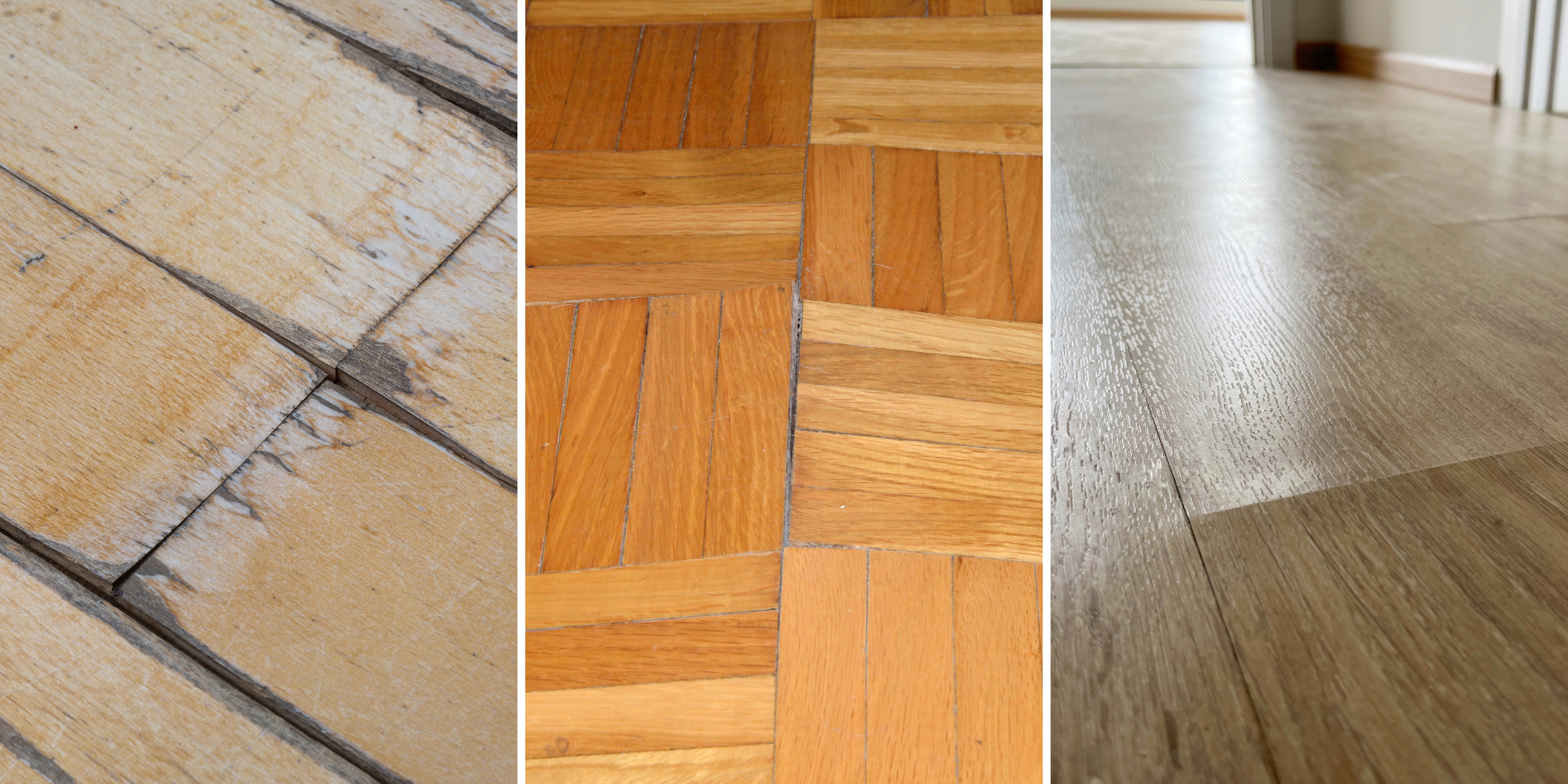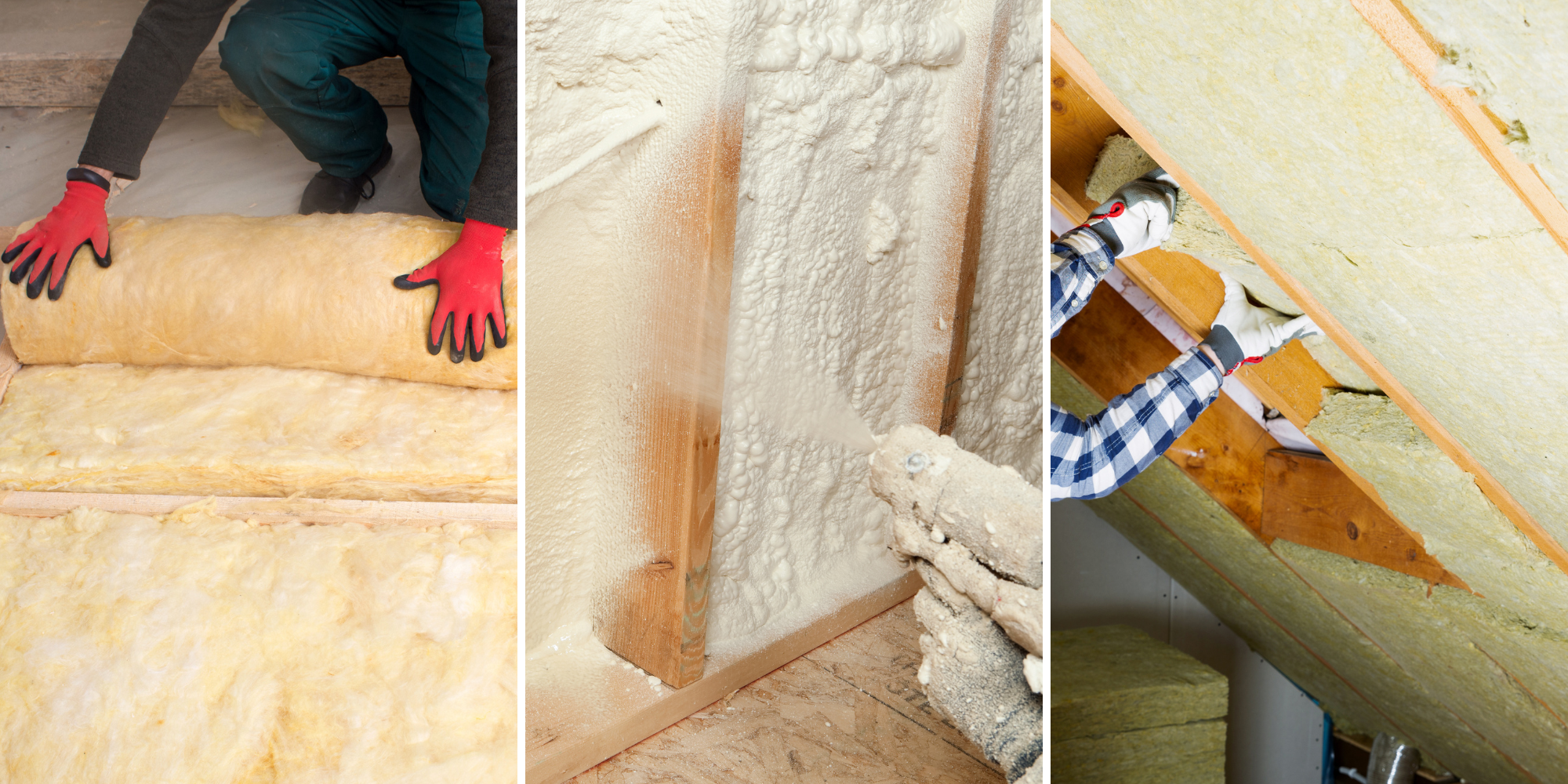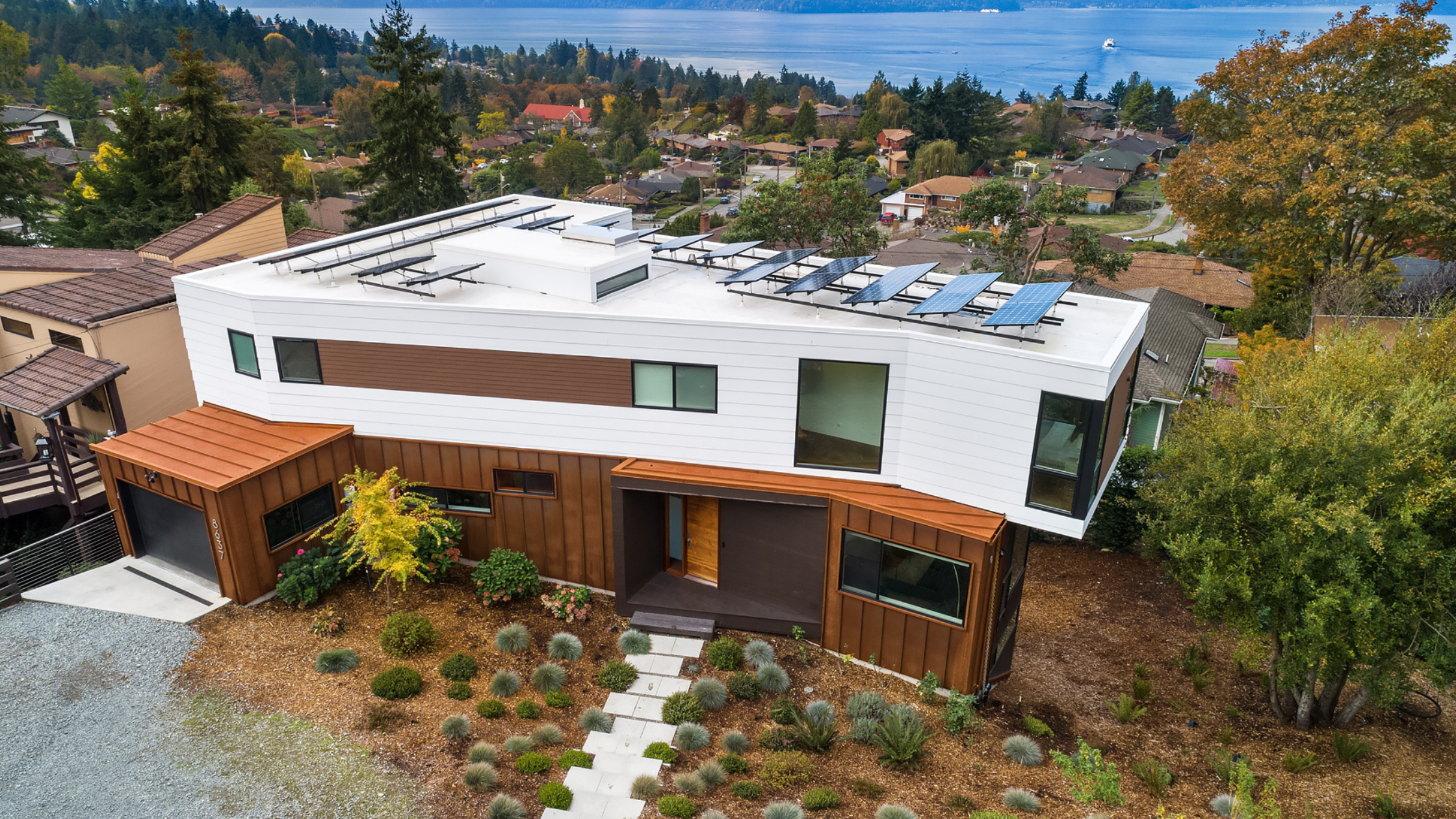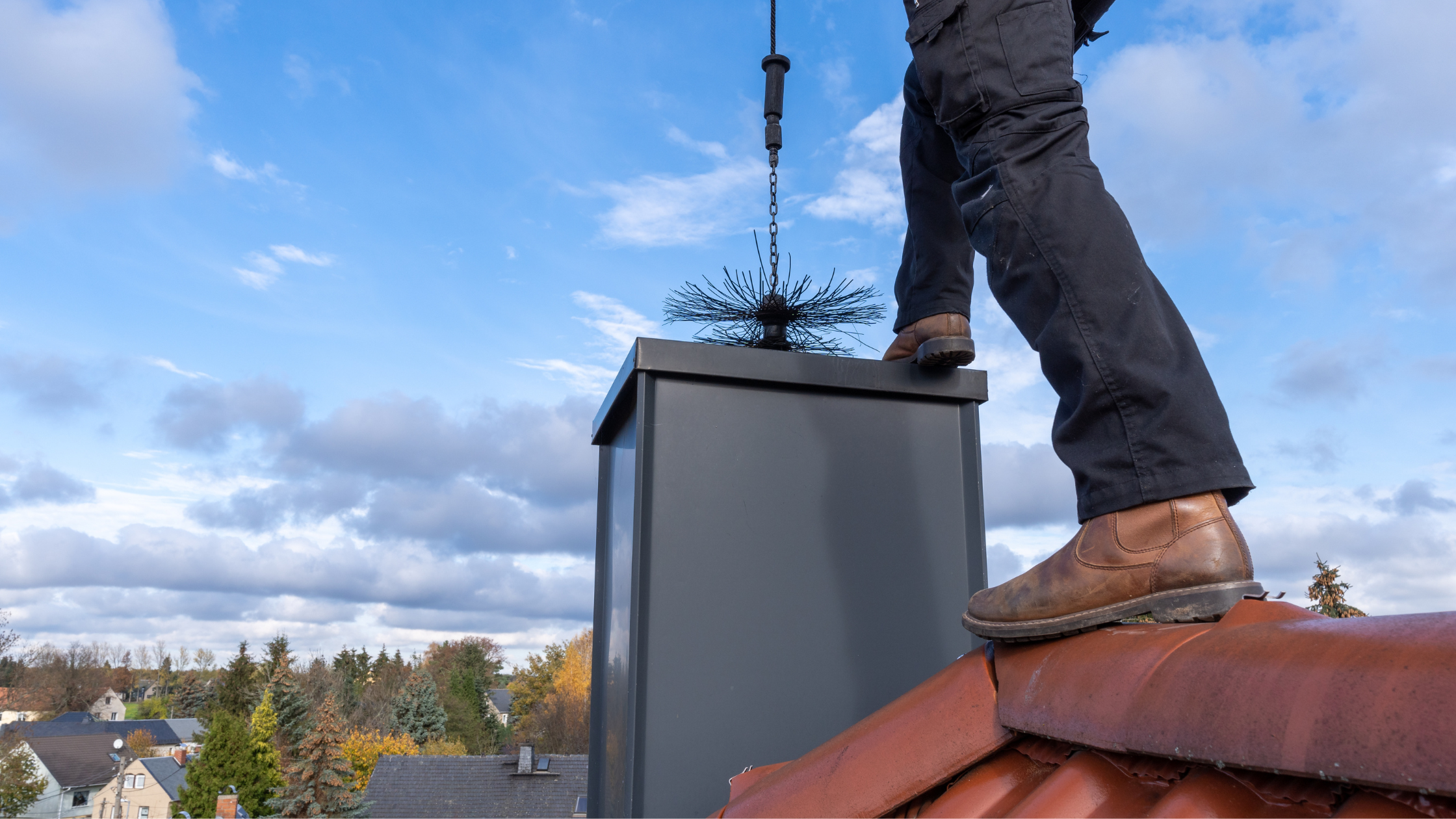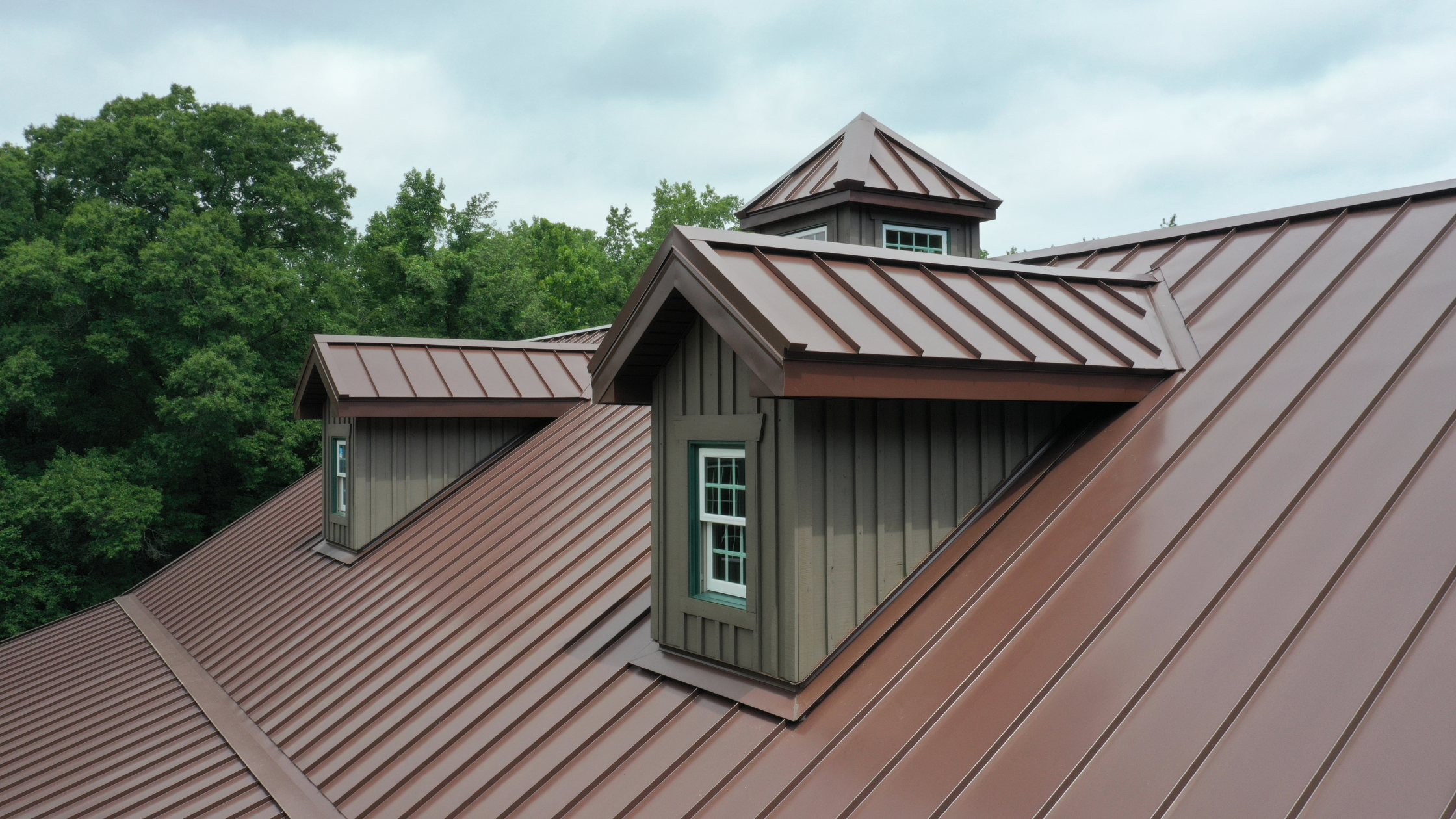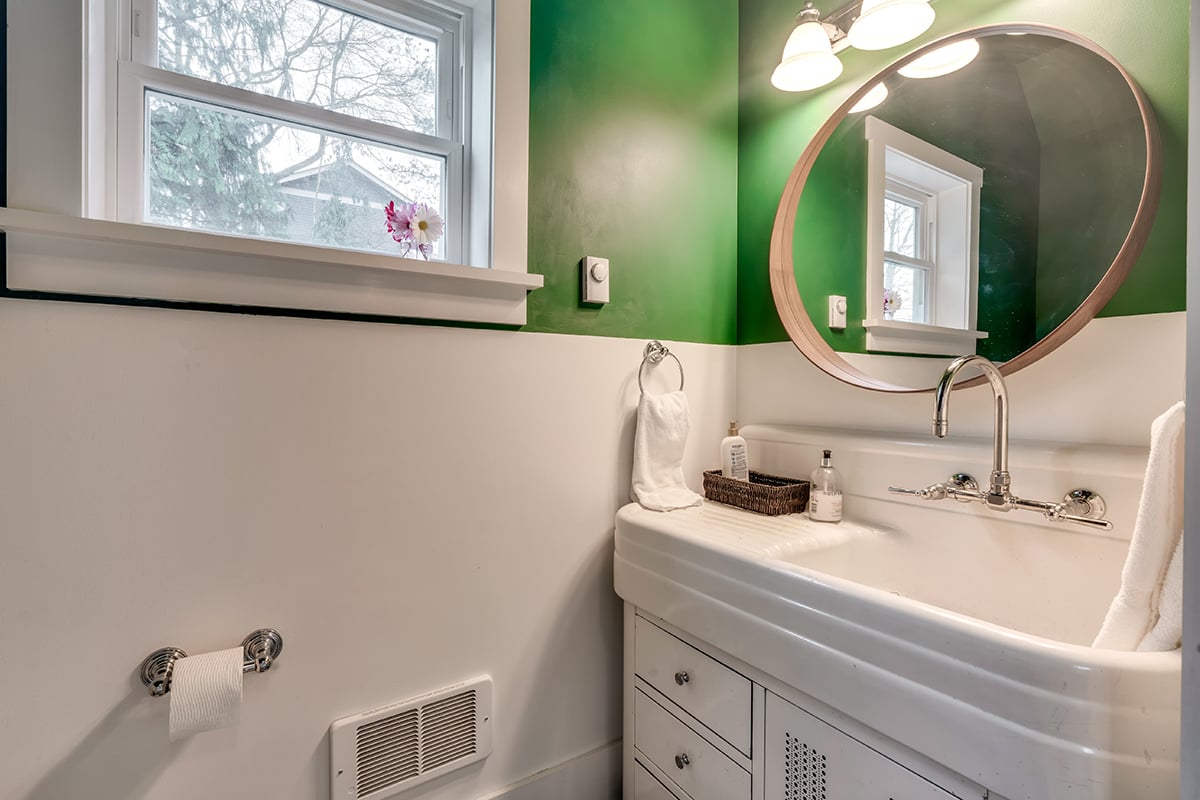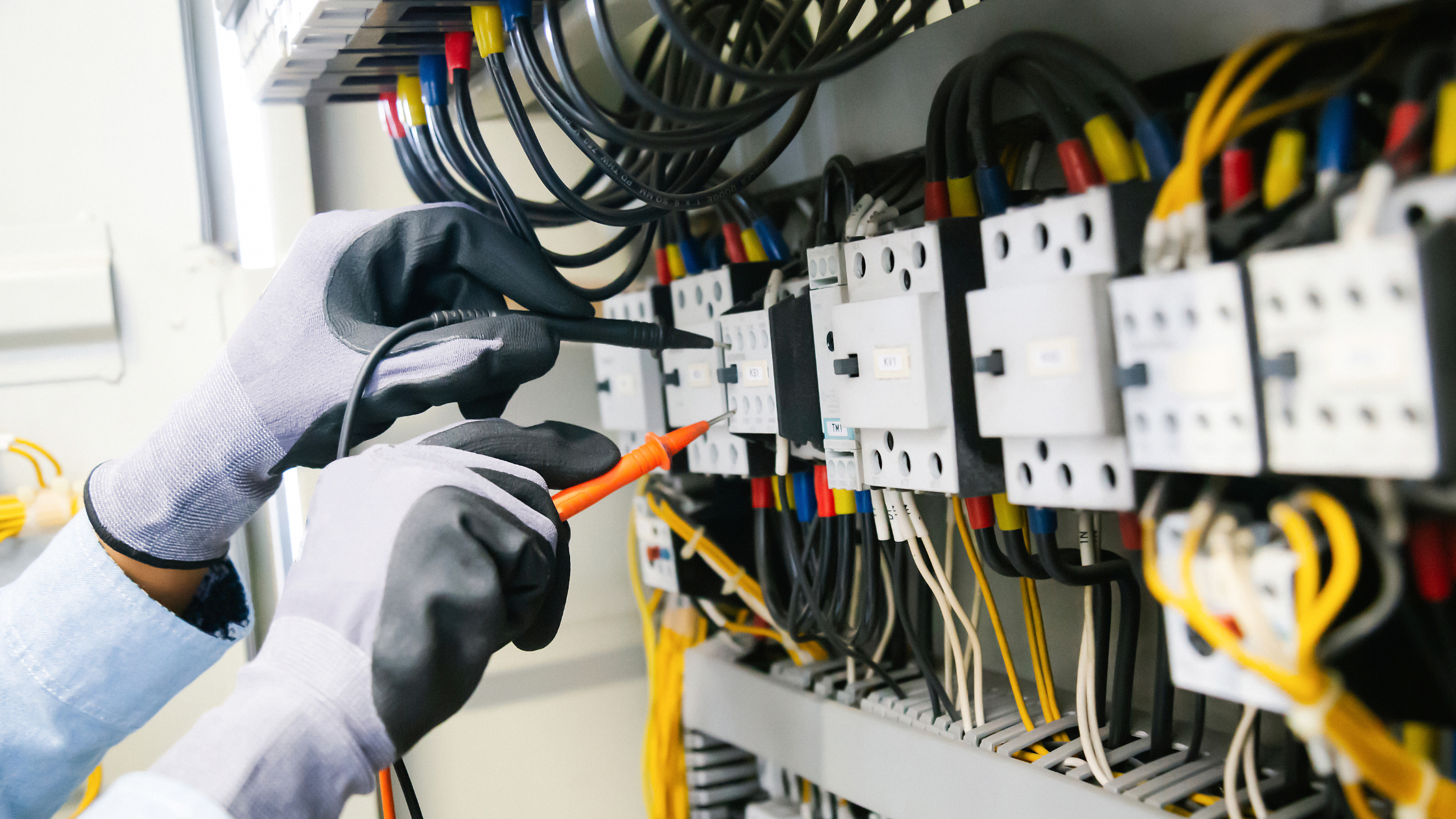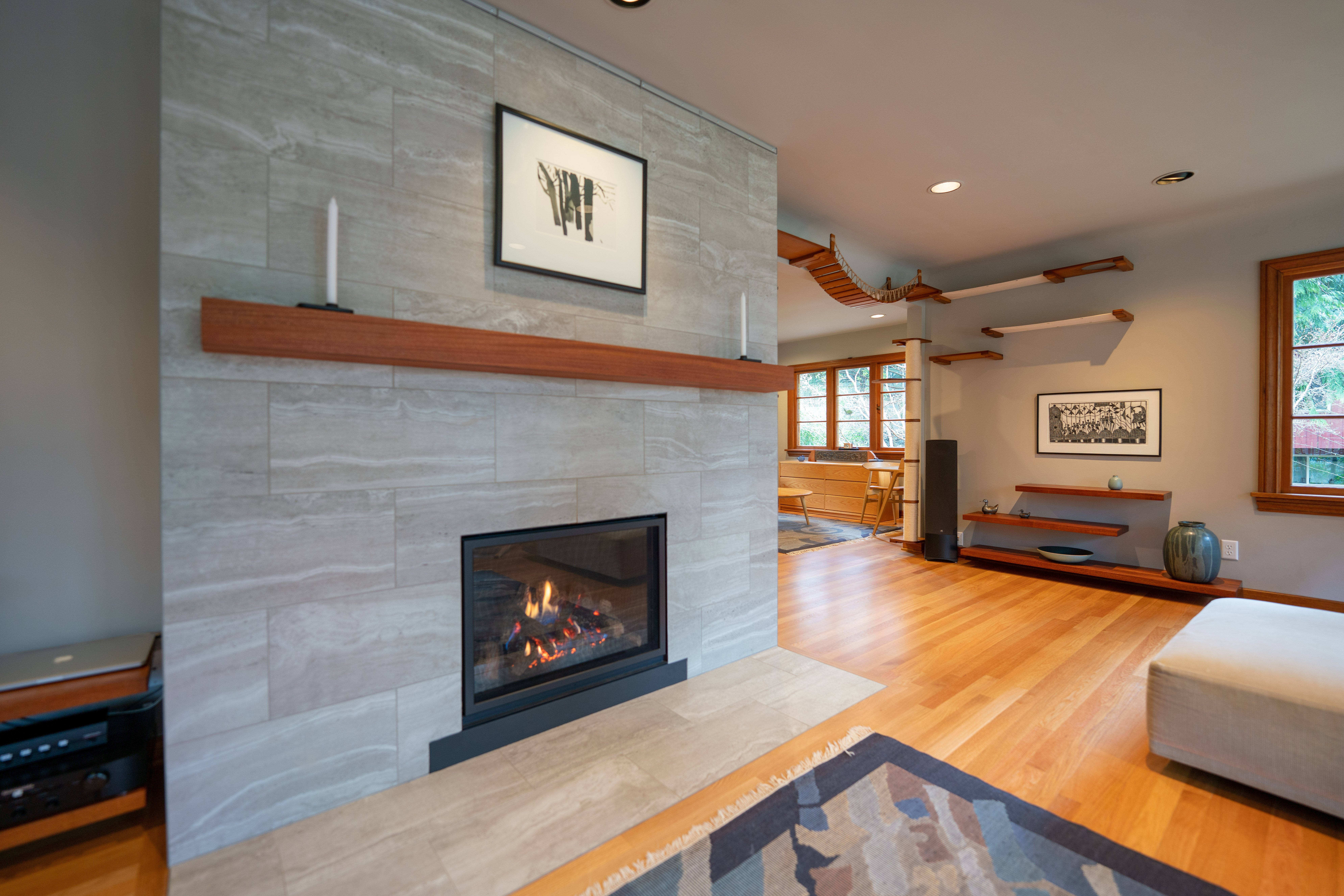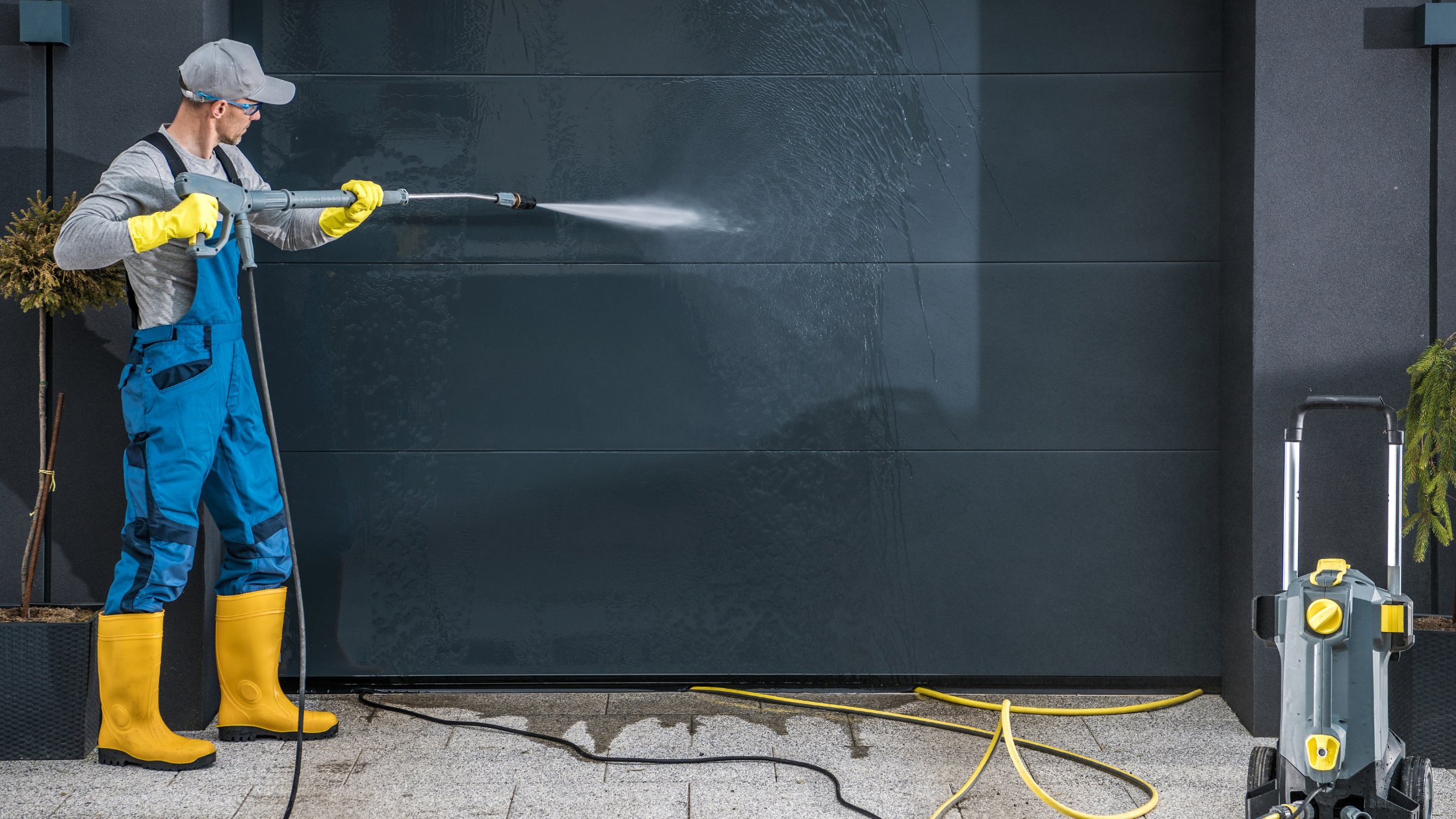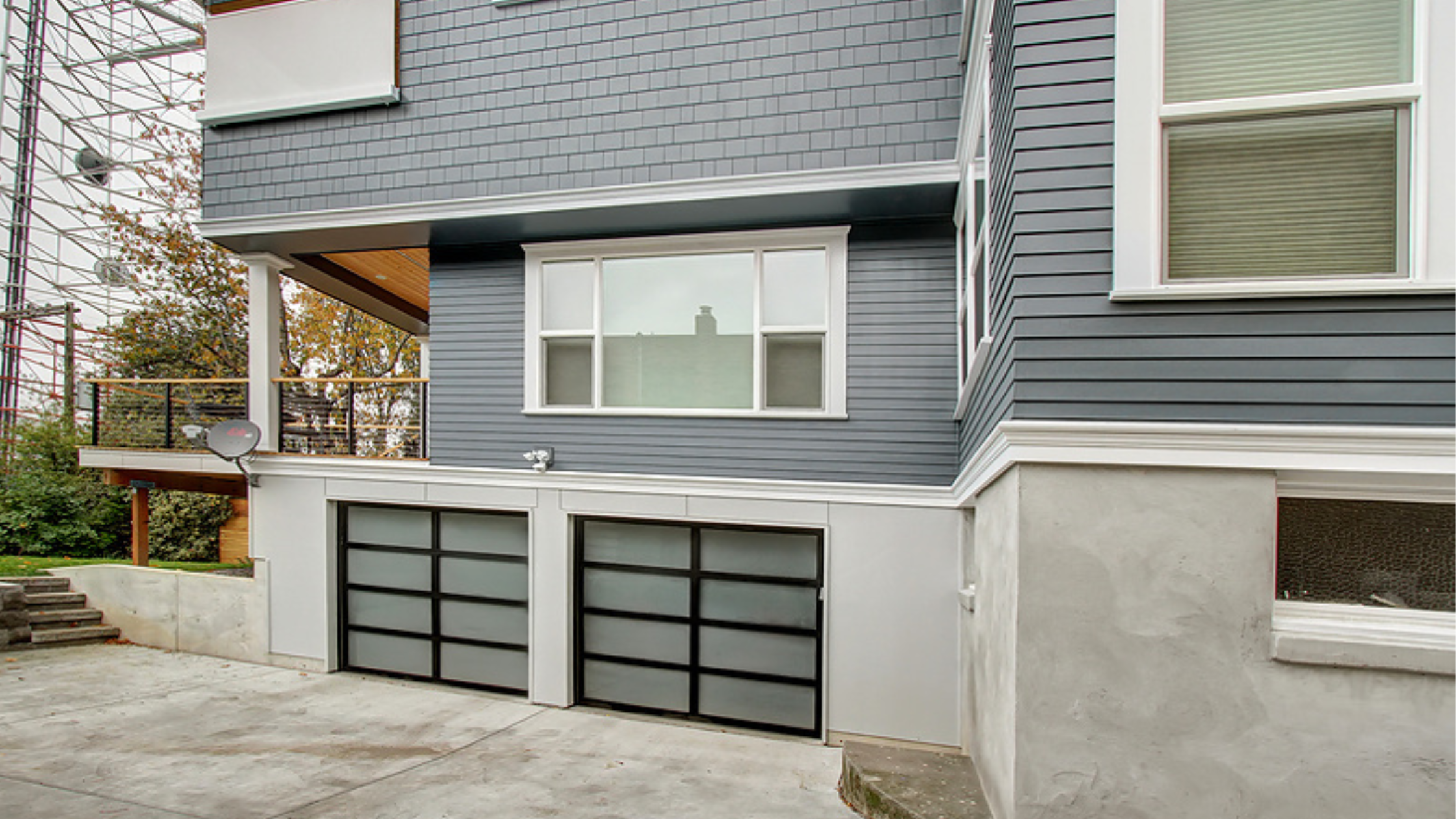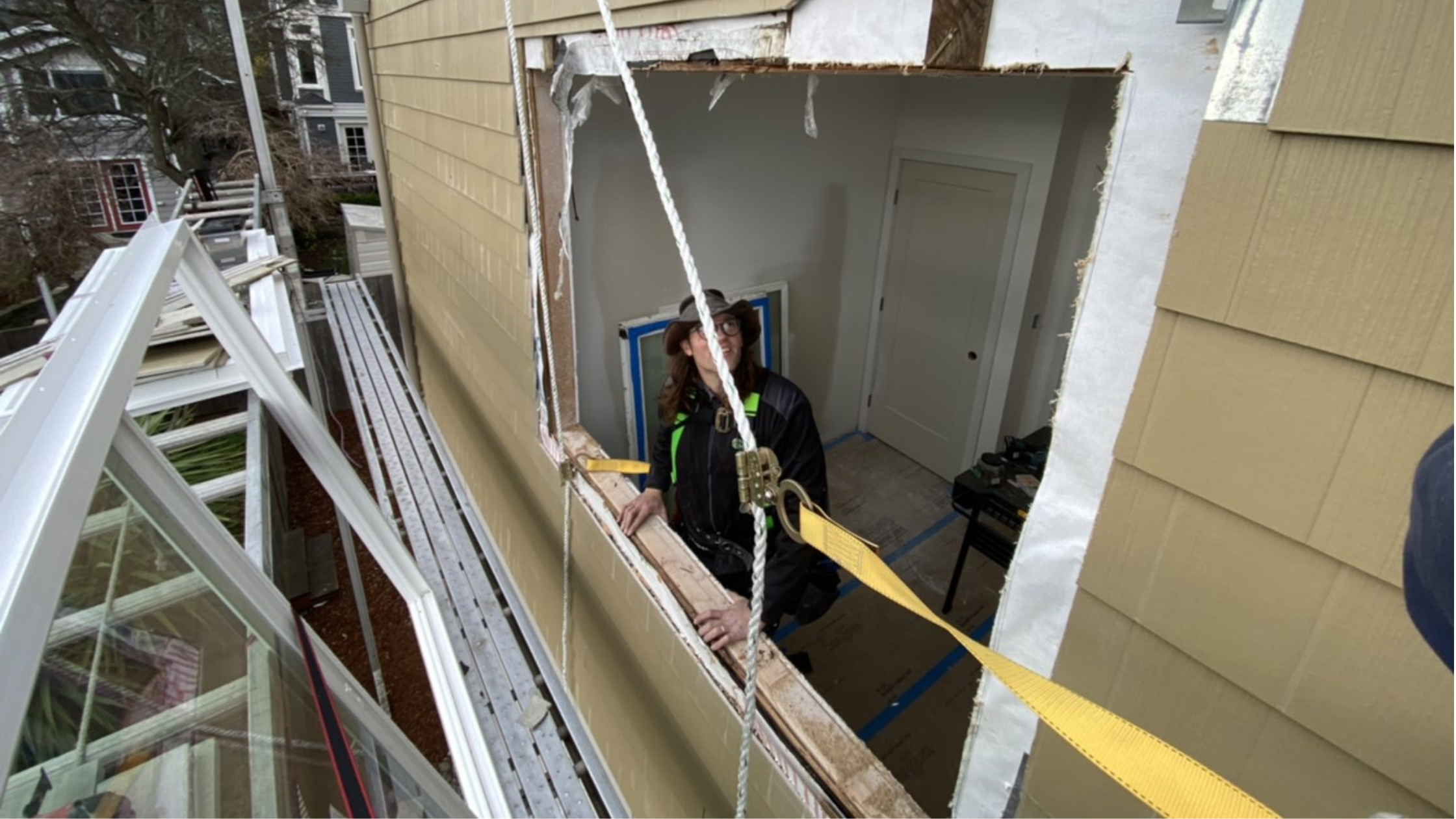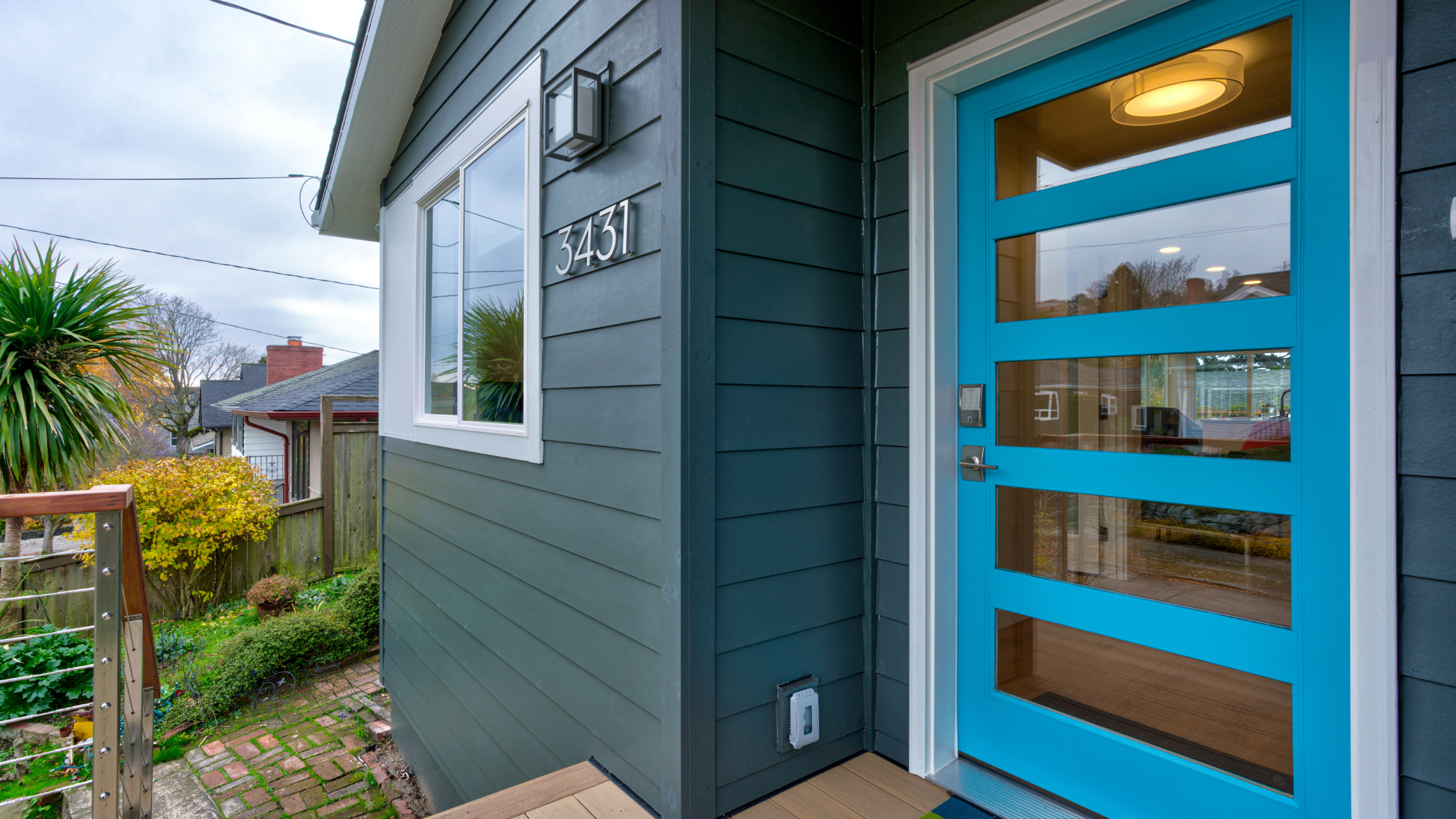It’s easy to forget about your electrical circuit breaker panel, tucked away in a basement, garage, or closet, quietly doing its job. But just because it’s out of sight doesn’t mean it should be out of mind.
Picture this: the lights flicker as you fire up the microwave, your breaker trips every time someone runs a hairdryer and a vacuum at once, or worse—there’s a faint smell of something burning near the panel. These aren’t just annoyances; they’re warning signs. An outdated or overworked electrical panel isn’t just inconvenient; it can be dangerous.
In this post, we’ll explain seven signs that it’s time to replace your home’s electrical panel and what you can do to keep it safe, functional, and future-ready.
Watch this video by Pete Baughman to understand the important points in this article:
Home Electrical Panel Basics
A home’s electrical panel—often called a breaker box, load center, or service panel—is the central hub that distributes electricity throughout your house. Think of it as the command center for your home's electrical system. Electricity from the utility company flows into your home through power lines and enters the electrical panel, where it's then distributed into individual circuits that supply power to everything from your lights and appliances to your heating system and charging stations.
Inside the electrical panel, you’ll find a main breaker that controls the flow of electricity into the home, along with a series of individual circuit breakers or fuses. Each of these breakers is connected to a specific area or system in your house—kitchen outlets, the HVAC system, or even a dedicated line for your EV charger. If a circuit overloads, the breaker “trips” to cut off power and prevent hazards like electrical fires.
Panels typically include:
- Main breaker: Shuts off power to the entire home.
- Branch circuit breakers: Protect and control individual circuits.
- Bus bars: Metal strips that conduct electricity to the breakers.
- Neutral and ground bars: Provide safe pathways for current to return or discharge.
Pro Tip: To locate your electrical panel, start by finding the exterior meter, typically situated near the front or side of the house. In most homes, the panel is just inside, directly behind, or near the meter. If you have overhead power lines, follow them to the service drop on the roof; the panel is often just inside the wall below. For underground service, look for where the line enters the home—that spot typically indicates the location of the panel.
Now that we’ve established the basics of what electrical panels consist of, let’s discuss the signs that your panel may need to be replaced.
How Do I Know if My Electrical Panel (Breaker Box) Needs to be Replaced?
-
It’s an old panel. Unbeknownst to many homeowners, the average lifespan of an electrical panel is only 20 to 50 years. If you live in an older home, having your electrical system inspected is important. Your existing electrical panel may not be equipped to handle the demands of today’s appliances. Modern homes rely on more devices and appliances than in the past, and many of them require significantly more power to operate safely and efficiently. You can find recall lists on the Consumer Product Safety Commission website for panels that need to be replaced due to hazards or safety concerns.
-
If you find your main breaker trips regularly, your panel may need to be replaced.
-
There’s been a short or a fire within the panel. This can happen if connections aren’t properly installed or aren't tight enough, which causes arcing in the wires and then a short circuit and fire in the fuse box.
-
If your panel makes noises, your breaker box may be arcing or vibrating due to loose connections within the panel. This is a bad sign. Get professional help immediately.
-
If you see signs of corrosion in the electrical box. Corrosion happens over time when moisture is introduced within the panel. If you open the panel and visibly see corrosion or signs of moisture, you’ll want to address this as soon as possible. Corrosion may appear as a build-up of rust and/or a chalky white substance around the screw terminals. Additionally, if you notice a bad smell emanating from the panel, it is a red flag that warrants prompt attention.
-
When your home’s lights start flickering or outlets stop working, these could be warning signs of a panel issue or wiring that needs to be updated/replaced. Lights and outlets on the same circuit can also cause flickering lights; however, modern building codes require them to be on separate circuits.
.png?width=1200&height=400&name=Untitled%20(1200%20x%20400%20px).png) Above: Example of a corroded electrical panel that requires replacement.
Above: Example of a corroded electrical panel that requires replacement.
When Should I Replace My Electrical Panel Box?
The right time to replace your existing panel with a new one depends on several factors, including the brand, the panel’s location, and the amount of moisture or wear it’s exposed to over time. Unlike appliances with clear expiration dates, electrical panels don’t have a universal lifespan. Instead, their longevity is determined by the manufacturer and the quality of the components inside.
As a general guideline, most panels last anywhere from 20 to 50 years. Once your panel reaches the end of its service life, it’s essential to consider a replacement to ensure your home’s electrical system remains safe and functional. If you're unsure, check with the panel’s manufacturer for specifics on your model, or have a licensed electrician inspect it and give you a professional recommendation.
How Do I Know if I Need to Upgrade My Electrical Panel?
Upgrading your electrical panel typically means replacing an outdated or undersized unit with one that can safely meet the demands of today's homes. Many older homes, especially those built in the 1940s and 1950s, were originally outfitted with 60- to 100-amp panels. Back then, homes simply didn’t have the quantity or type of power-hungry devices we rely on today. Fast forward to now, and most homes require at least a 200-amp panel to safely run systems like electric ranges, heat pumps, electric vehicle (EV) chargers, and central HVAC systems without overloading the electrical system.
During a home improvement project, it's common to introduce new appliances and lighting or even add entirely new rooms with additional electrical outlets. These upgrades can quickly exceed the capacity of an older panel, making a replacement not just practical but essential. This is why electrical panel upgrades are often bundled into renovation projects, especially in older homes. Not only does it ensure your home is safe and up to code, but it also supports future upgrades like solar panels or smart home systems.
If your breakers trip frequently, your lights dim when appliances turn on, or you rely heavily on extension cords and power strips, these can all be signs that your current panel is maxed out and due for an upgrade. An electrician can assess your system and help you determine whether it’s time for a more robust, modern panel.
Visit Energy Star’s website to see if they offer electric-ready incentives for your home near you.
Don’t Try This At Home
Electrical diagnosis typically requires a licensed electrician to assess your situation and provide solutions. A design-build company like Better Builders will have a network of trusted trade partners who can provide this service. Because this is a safety issue, it shouldn’t be taken lightly. Electrical work is not the time for a DIY unless you are a professional.
For more information on routine home maintenance and how to keep your home in check, please download our eBook, “Redefining Home Maintenance: The Proactive & Essential Guide for Homeowners.”

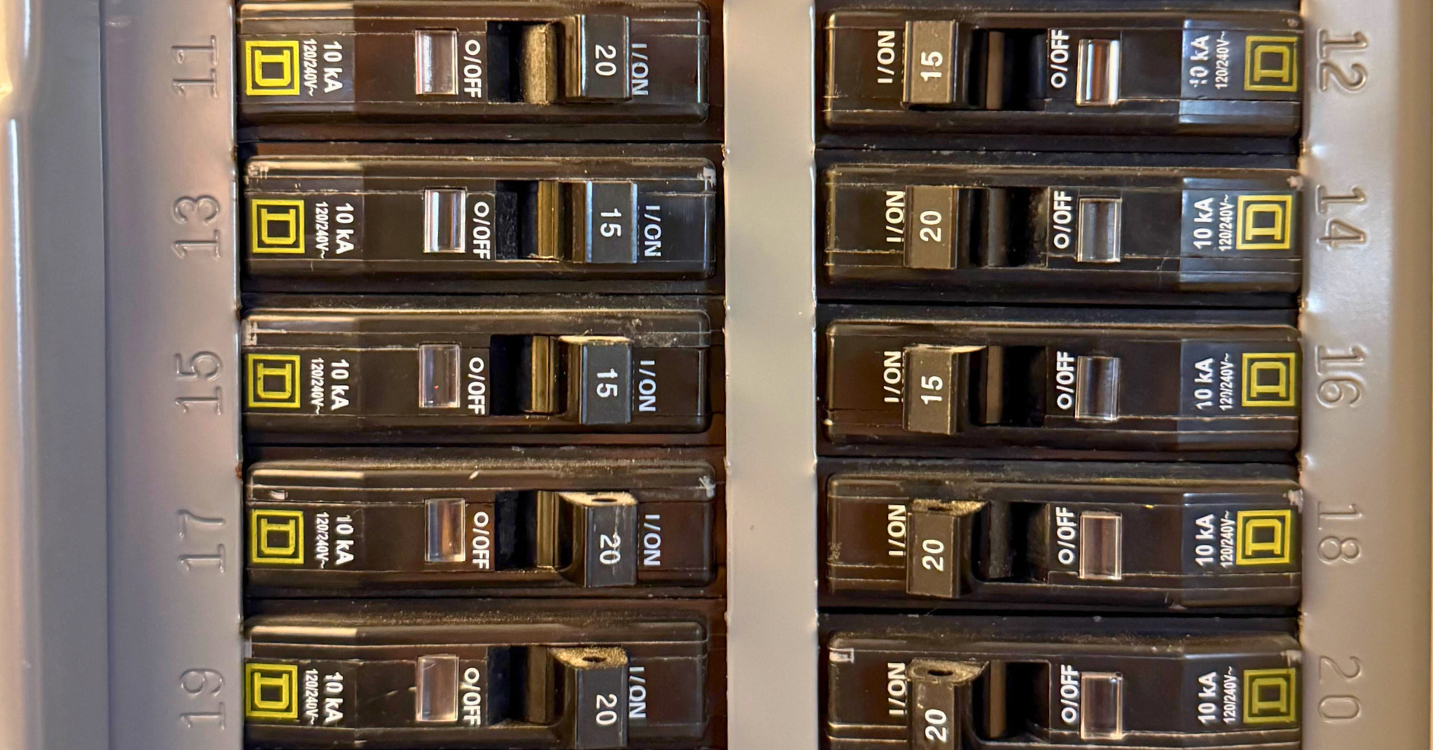
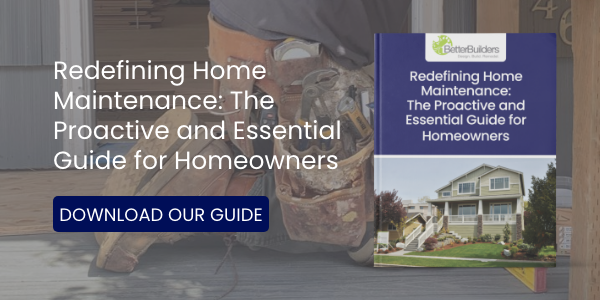


.png)
.jpg)
